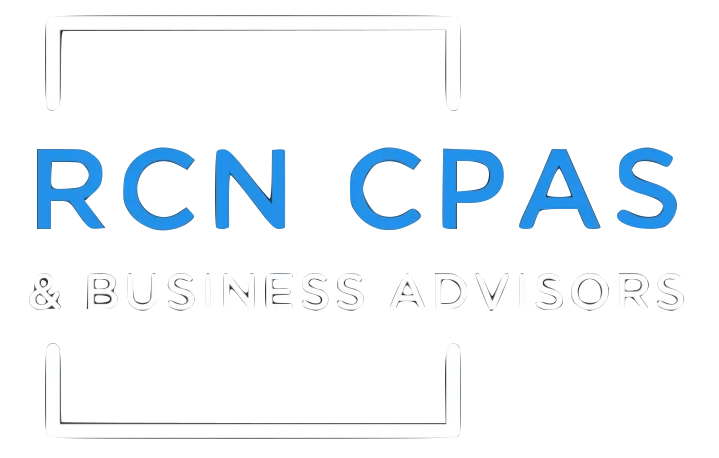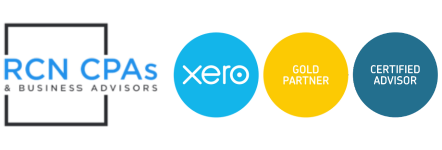Doing Your Own Taxes? Here are 5 Tips to consider.
You may be a new business owner, or you possess some knowledge of accounting but have yet to enlist the services of a qualified professional to handle your tax returns. It is important to note that filing accurate and timely tax returns is a critical aspect of managing a successful business, and any mistakes or oversights could result in serious consequences such as penalties, fines, or even legal action.
Here are five things you should consider if you’ve chosen to do your taxes yourself this year.
1. Use Tax Software
Navigating through the numerous tax forms can be a daunting task, and it’s not uncommon to overlook certain items or make mistakes during the preparation of your tax returns. To minimize the risk of errors, it is advisable to utilize tax software that provides exceptional support services. Opt for software that allows you to reach out for assistance through various channels such as phone calls, text messages, live chat, or email, as this ensures that you can quickly get the help you need if you encounter any challenges during the process.
2. Use a Checklist or an Organizer
Preparing a tax return can be a complex process that involves compiling a range of financial information, such as 1099 statements, retirement distributions, and adjustments to income. In addition to income, you must also factor in various deductions such as itemized deductions, mortgage interest, and charitable donations, among others. Given the multitude of items to consider, it can be challenging to keep track of everything mentally, which is why having a checklist is highly recommended.
A tax return checklist provides a comprehensive overview of the items you need to gather and organize to ensure that you can complete your returns accurately and efficiently. By utilizing a checklist, you can easily identify any missing information or areas where you may need additional documentation, which is crucial in maximizing your tax deductions.
Having a well-structured checklist can help you streamline the tax preparation process and ensure that you are not missing any critical details.
3. Be up-to-date with the recent laws
As a business owner, it is essential to remain informed and up-to-date on changes to tax laws and regulations. Even experienced CPAs with decades of experience must continuously stay updated. If you are handling your business taxes, it is critical to do the same. For example, you need to know if you can claim bonus depreciation in the current year, or if it has expired. The rules regarding deductible charitable donations may also have changed from the previous year, so you must be aware of any updates to avoid claiming expired deductions.
Failing to stay current with tax laws and regulations can lead to costly errors, including claims for deductions that are no longer valid. If you mistakenly claim an expired deduction, you may receive a notice from the IRS stating that the deduction was not applicable for the current year. This can result in additional taxes, penalties, and interest, which can significantly impact your business’s financial well-being.
Consider attending seminars, subscribing to tax publications, or consulting with a qualified tax professional who can provide you with the latest information and help you navigate complex tax requirements with confidence.
4. Review your tax return before submitting
It’s crucial to carefully review your tax return after completing it. This involves comparing the current year’s return with the previous year’s return to identify any major differences. You should also use a checklist to confirm if any changes have occurred since the previous year. If there are significant differences in the numbers between the two years, it’s essential to investigate why these differences exist. For example, you should be able to explain why there is an increase or why there is no increase in your tax return.
When reviewing your tax return, it’s important to document your review of the total income, expenses, itemized deductions, and estimated tax payments. This applies to both personal and business returns. If you’re an independent contractor receiving multiple 1099 forms, you should ensure that all income and tax documents have been entered into the software accurately. The IRS receives a copy of each 1099 form, so it’s critical to ensure that all information is entered correctly to avoid potential penalties or interest charges.
Reviewing your tax return thoroughly can help you identify errors, missing information, or discrepancies that need to be addressed before filing.
5. File an extension early if you are struggling to meet the deadline
You need to complete your returns before April 15, but if you can’t meet the deadline, filing an extension before the 15th of April is essential. Bear in mind that requesting an extension does not extend the time to pay for your tax liability. Many business owners make the mistake of assuming that an extension means they have more time to pay, but this is not the case. To avoid penalties and interest, ensure you pay what you owe by the 15th of April, or follow the IRS’s safe harbor rule, which requires you to pay either 100% of your income level or last year’s tax liability, or 110%. If you don’t pay by April, interest will accrue until October when you make the payment. If you fail to file an extension, you will face a steep penalty, in addition to the failure to pay penalty plus interest.
What questions do you have regarding this tax season?
contact us at [email protected] or post in the comments below.
My team and I will be able to address them.





